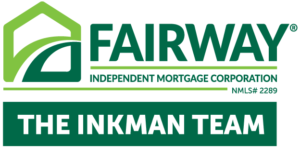While the Home Equity Conversion Mortgage (HECM) loan accounts for the vast majority of reverse mortgages in the U.S., it’s not the only type of reverse mortgage available. A jumbo reverse mortgage is an alternative option that may better serve a borrower who owns a high-value property. Read on to learn more!
Breaking News! Fairway Mortgage Ranked #1 in the U.S. for Borrower Satisfaction Among Mortgage Origination Companies by J.D. Power. Read on to learn more!
Now more than ever, financial advisors and homeowners are viewing the reverse mortgage in a financial planning sense — read on to learn why.
Many people have very strong opinions about home equity and reverse mortgage loans. Read on to learn how home equity can be harnessed and why reverse mortgages are really all about cash flow.
What is a reverse mortgage loan and how does it work? Read this article to help decide if one the right choice for you, a loved one or a client.
In this article, we’ll cover what a HECM reverse mortgage loan is, the typical upfront and ongoing costs and whether those costs are worth it for you.
Reverse mortgage loans can be powerful tools for people in a variety of situations. But are they right for you? See the reverse mortgage pros and cons.
For most homeowners aged 62 and older, home equity represents the largest portion of their overall net wealth. Three common home-equity-release loans available today for senior homeowners are the Home Equity Line of Credit (HELOC), Home Equity Loan (HEL), and the Home Equity Conversion Mortgage (HECM).
Homeownership even with bad credit can sometimes feel impossible. At Fairway we can make the American Dream of homeownership possible for anyone.

